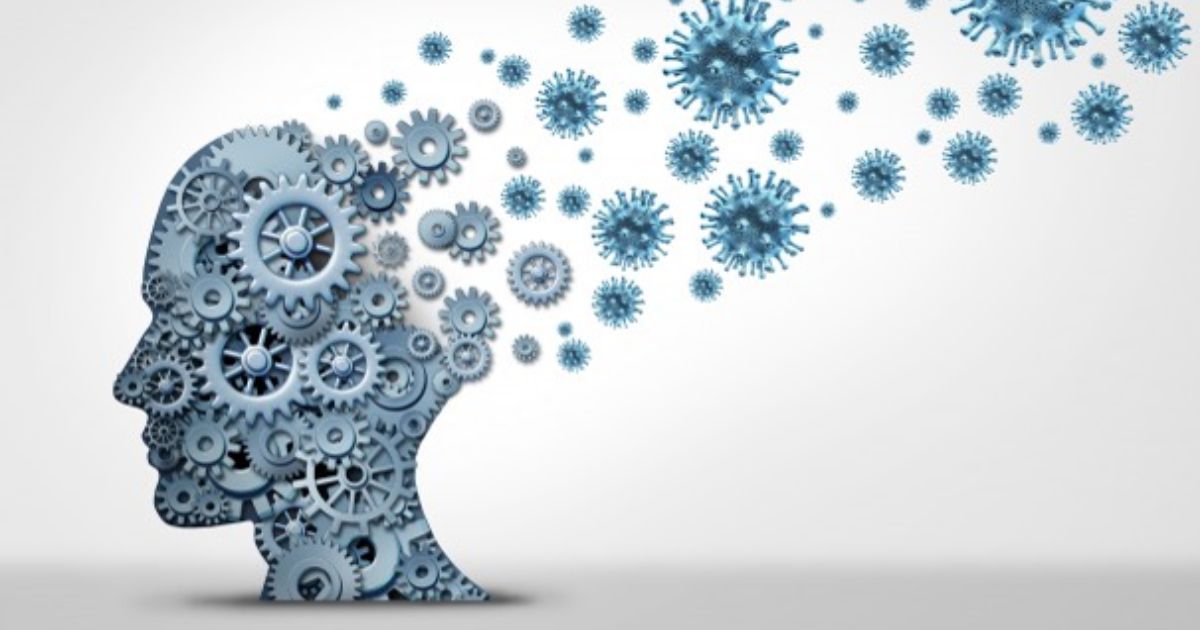Worries about the increasing presence of AI and workplace surveillance technologies are taking a toll on the psychological well-being of employees, according to a survey conducted by the American Psychological Association (APA).
The survey, titled “Work in America: Artificial Intelligence, Monitoring Technology and Psychological Well-Being,” serves as a follow-up to the APA’s 2023 Work in America Survey.
This online survey, carried out by The Harris Poll, gathered responses from 2,515 employed adults across the United States between April 17 and April 27, 2023.
Stress In Employees Due To AI and Workplace Surveillance
A staggering 38% of respondents expressed concerns that AI might eventually render some or all of their job duties obsolete.
Among those who reported this worry, a substantial 64% revealed that they typically experienced feelings of tension and stress during their workday, in stark contrast to the 38% who did not harbor concerns about AI.
The survey also unveiled disparities in concerns about AI job displacement based on education and ethnicity.
Employees with a high school education or less were notably more likely to worry about AI replacing their job duties, with 44% expressing these fears compared to 34% of those with at least a four-year college degree.
Furthermore, Black (50%), Hispanic (46%), and Asian (44%) workers exhibited higher levels of apprehension about AI job displacement in comparison to their White counterparts (34%).
Dr. Arthur C. Evans Jr., CEO of the APA, emphasized the need for employers to educate their workforce about AI’s role and provide avenues for feedback. He noted, “The workplace is changing rapidly.
Open and honest communication from employers can help relieve employees’ anxieties about the unknown and improve overall well-being, which is associated with higher organizational performance.”
The survey also delved into concerns related to workplace monitoring through computer software, cameras, or other technological means.
Approximately 51% of employees across various workplace settings reported awareness of their employers using technology for monitoring purposes. This included office workers (49%), manual laborers (49%), and customer/client/patient services workers (55%).
Worryingly, employees subjected to monitoring reported lower morale, with 46% expressing discomfort with how their employer employed technology for surveillance, 51% feeling micromanaged, and 39% experiencing emotional exhaustion at work in the past month.
These statistics underscore the psychological toll that pervasive workplace surveillance can take on employees.
The survey also highlighted the detrimental impact on employees’ sense of self-worth. Nearly 41% of those who worried about AI job displacement believed they were not valued by their employers, in stark contrast to the 23% who did not share these concerns.
Similarly, 37% of these employees felt undervalued by their co-workers, compared to just 17% among those without AI-related worries. Furthermore, employees who reported being monitored by their employers more frequently expressed feelings of being undervalued at work (26%) compared to those who were not monitored (17%).
The findings align with the U.S. Surgeon General’s Framework for Mental Health and Well-Being in the Workplace, which identifies “mattering at work” as one of the “Five Essentials” necessary to enhance workplace well-being.
Feeling appreciated by employers can enhance an employee’s sense of value, meaning, and stress management capabilities.
Conversely, those who do not feel valued, as seen among workers concerned about AI or subjected to workplace monitoring, may be at higher risk of experiencing symptoms associated with poor mental health, such as stress, irritability, or workplace burnout.
Dr. Arthur C. Evans Jr. underscored the importance of recognizing the impact of technology on employee well-being, stating, “Employers who pay attention to how technology affects their employees will perform better.”
In a rapidly evolving work landscape, where the integration of AI and workplace surveillance becomes increasingly commonplace, the survey highlights the urgent need for organizations to prioritize not just technological advancement but also the mental health and well-being of their employees.
Fostering open communication, providing education, and ensuring that employees feel valued are essential steps in creating a workplace environment that can harness the benefits of technology while safeguarding against its potential negative consequences.




























